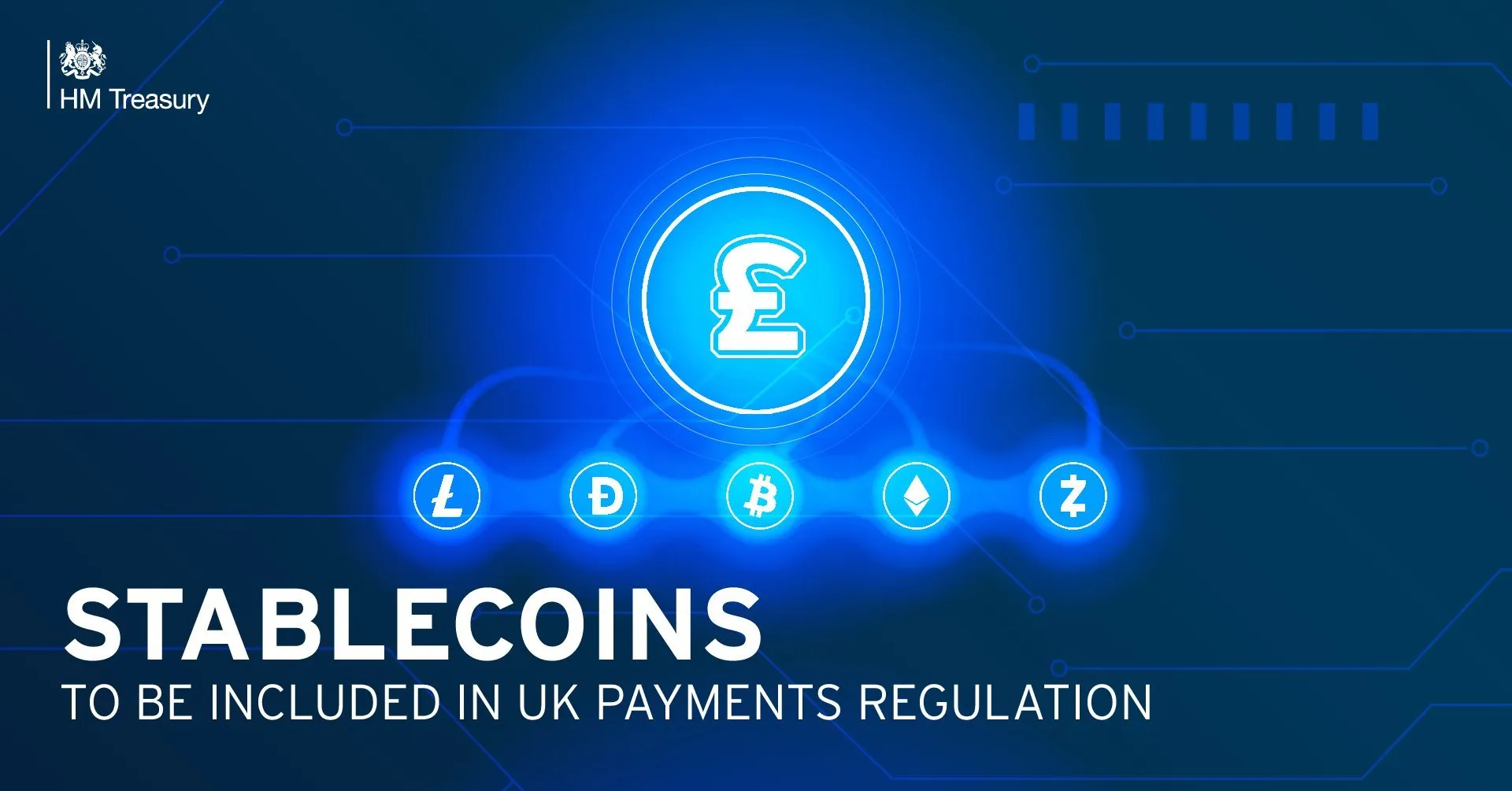UK Treasury’s Crypto Clarity Pledge: Specific Regulations Promised by 2024
With mounting pressure to address specific proposals before an upcoming general election, the UK government is swiftly moving to introduce new regulations governing stablecoins and staking services for cryptoassets. Economic Secretary to the Treasury, Bim Afolami, expressed this commitment during an industry event hosted by Coinbase in London.
Afolami emphasized the government’s determination, stating, “We’re very clear that we want to get these things done as soon as possible. And I think over the next six months, those things are doable.” This assertion underscores the government’s proactive stance in navigating the evolving landscape of cryptocurrency regulation, signaling its intent to enact necessary legislation within a relatively short timeframe.
The Treasury first pledged in October to provide more clarity on specific areas of crypto by some point in 2024. That commitment followed an earlier consultation on fiat-backed stablecoins — digital tokens that use reserves of assets to maintain a one-to-one value with a traditional currency like the dollar or pound — and the passing of the larger Financial Services and Markets Act last summer.
Market observers like blockchain analytics firm Elliptic have said they expect to see fiat-backed stablecoins and their issuers regulated under existing payments laws, a move that would provide the UK’s financial regulator with the means to dictate which types of assets can support a stablecoin.

Staking, a process whereby investors lock up their tokens to help keep a blockchain operating in return for a small yield, is expected to receive a new classification that avoids being considered a collective investment, Tom Duff Gordon, vice president for international policy at Coinbase, said in an interview.
Prime Minister Rishi Sunak first pledged to make the UK a global crypto hub in 2022, seeking to attract more digital-asset businesses and investment to the country. Relatively little regulatory progress has been made since then, even as crypto firms say a lack of clear rules has made it hard for them to operate.
“Short answer is, I don’t know,” Afolami said of a timeline on broader crypto regulation beyond stablecoins and staking. “There’s just a huge amount going on, so I don’t want to commit to that now.”

















